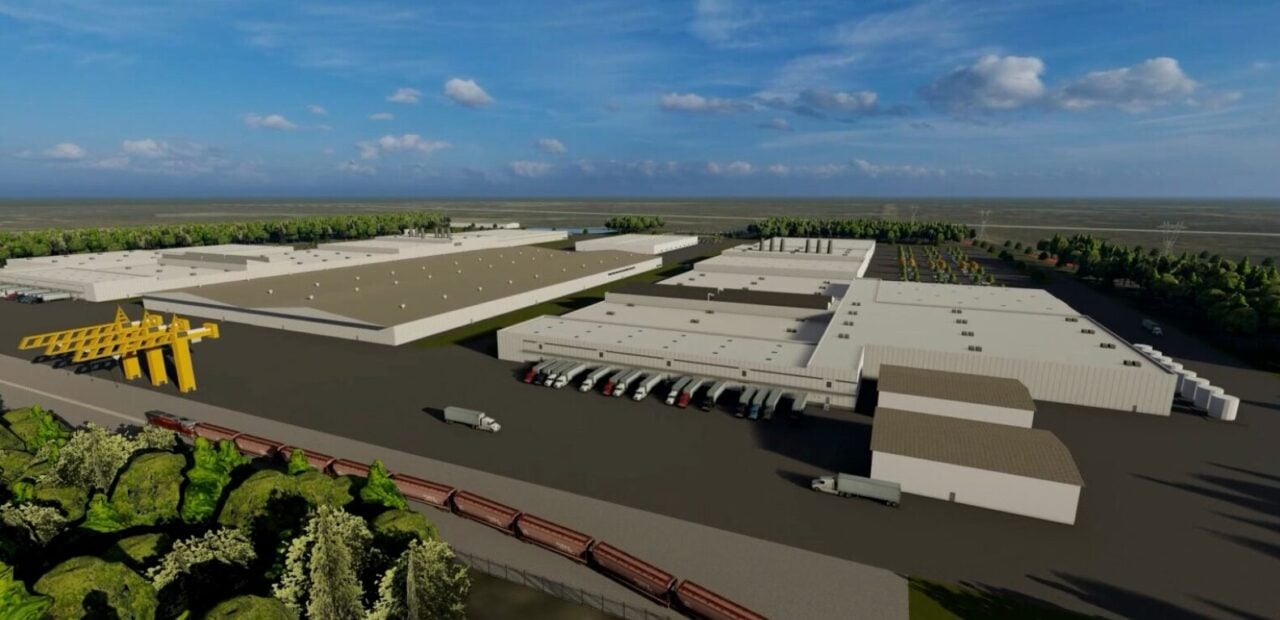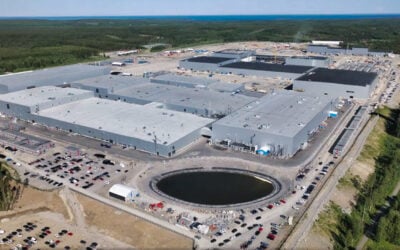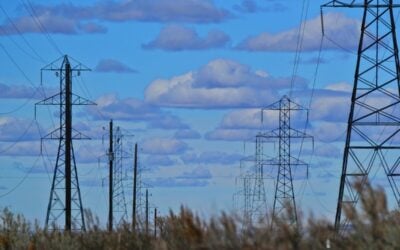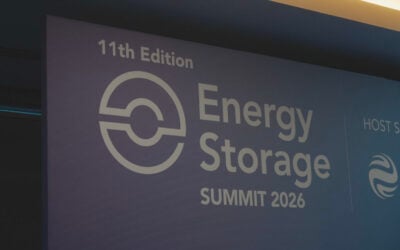
NYSE-listed firm Freyr has cancelled its plans for a battery manufacturing plant in Georgia, US, following its pivot to becoming a US solar company.
Freyr sent formal notice to the Coweta County Development Authority on 21 January notifying it of its decision to discontinue plans to build a battery manufacturing plant in the county, along with its intention to terminate an associated grant and incentive arrangement.
“This decision was made reluctantly, as the Company has realigned its near-term strategic goals,” Freyr said, adding it “in no way reflects any concern with the support” from local authorities.
The realignment of strategic goals cited by Freyr refers to its pivot from a European-focused battery manufacturing company to a US-focused (and headquartered) solar one, with the recent acquisition of a 5GW solar module manufacturing facility in Wilmer, Texas, from Trina Solar, following a difficult period for its battery activities.
Try Premium for just $1
- Full premium access for the first month at only $1
- Converts to an annual rate after 30 days unless cancelled
- Cancel anytime during the trial period
Premium Benefits
- Expert industry analysis and interviews
- Digital access to PV Tech Power journal
- Exclusive event discounts
Or get the full Premium subscription right away
Or continue reading this article for free
The company, established as Freyr Battery in Norway in 2018, announced today (10 February) that its headquarters will now be in Austin, Texas. It also said the sale of the Coweta site to an undisclosed party will generate US$50 million in proceeds, amounting to US$22.5 million in net proceeds after repaying previously received state and local grants.
In mid-2022, Freyr was targeting 100GWh of battery manufacturing capacity mainly from its Norway and European projects, with energy storage accounting for a huge chunk of provisional offtake agreements. Freyr purchased the Coweta County site in late 2022 to expand to the US.
Then in late 2023 it announced a ‘pause’ on all European investments to focus on its US project because the Inflation Reduction Act’s (IRA) generous incentives for clean energy manufacturing had made European projects less competitive, CEO at the time Birger Steen explained to us at the time (Premium access).
Freyr then acquired the Texas solar factory from China-based Trina Solar on the day of the 2024 US presidential election result, which saw Trump win a second term, leading many to speculate that Trina sold because of a concern about potential measures against Chinese companies.
The Georgia battery project cancellation follows hot on the heels from US firm Kore Power cancelling its plans to build a gigafactory in Arizona, and instead continuing to focus on using China to manufacture cells.
Freyr and Kore’s decisions come at a time of dramatic price falls from China, which dominates the lithium-ion battery industry, which has made new US battery manufacturing projects less competitive even with tax credit incentives.
Freyr still has assets and manufacturing projects in development in Norway but based on recent disclosures and statements looks likely to divest them. Energy-Storage.news has approached the company for more information and will publish any updates in due course.





